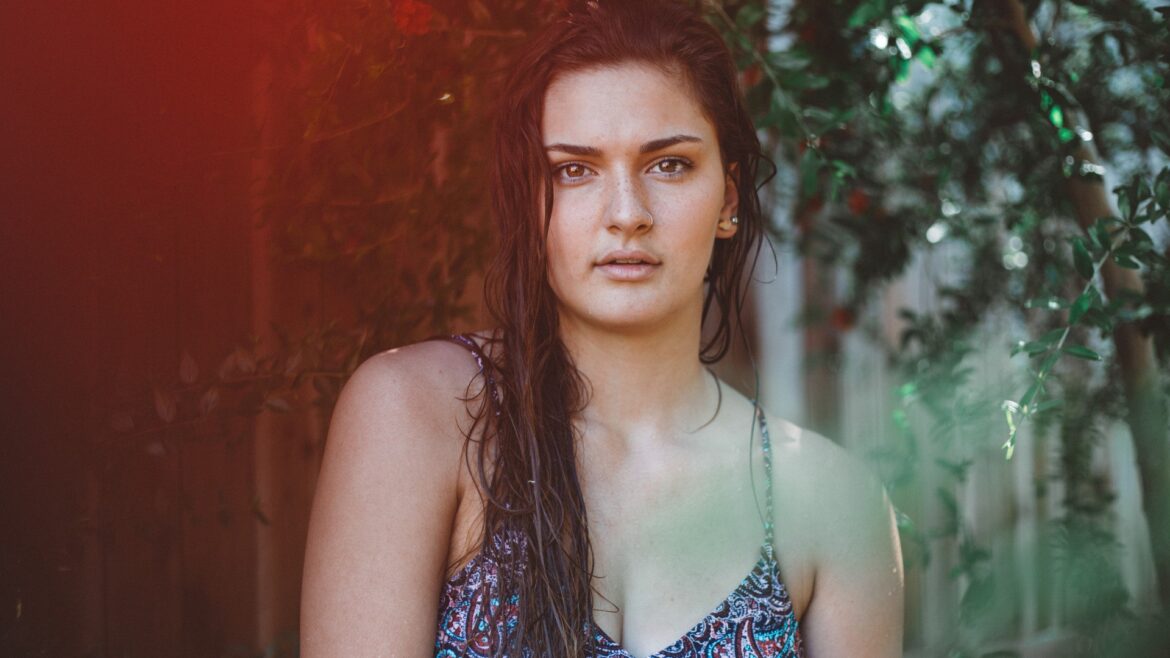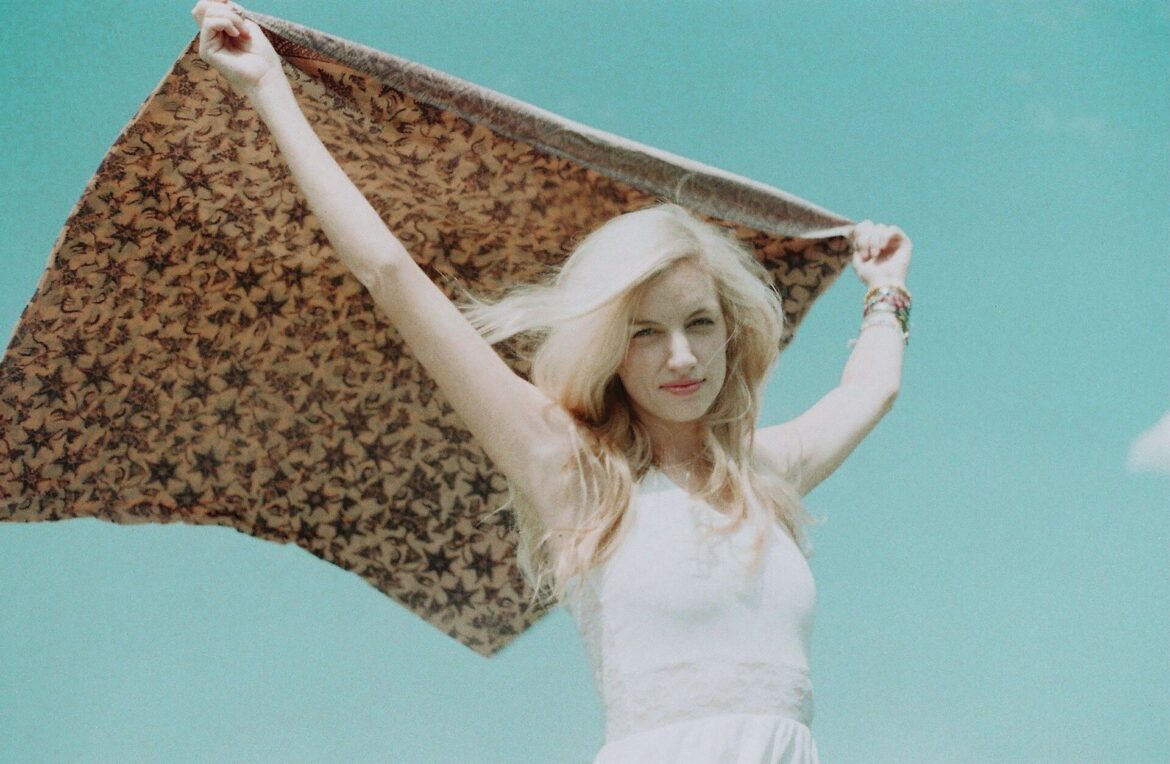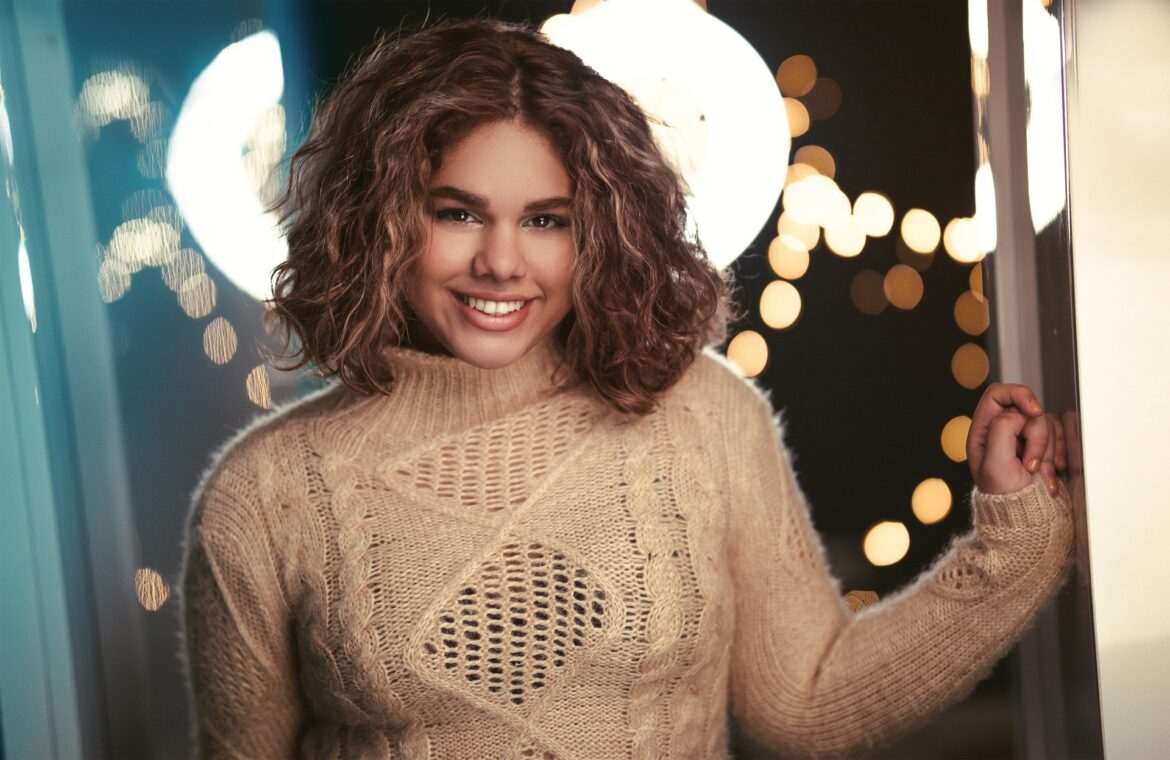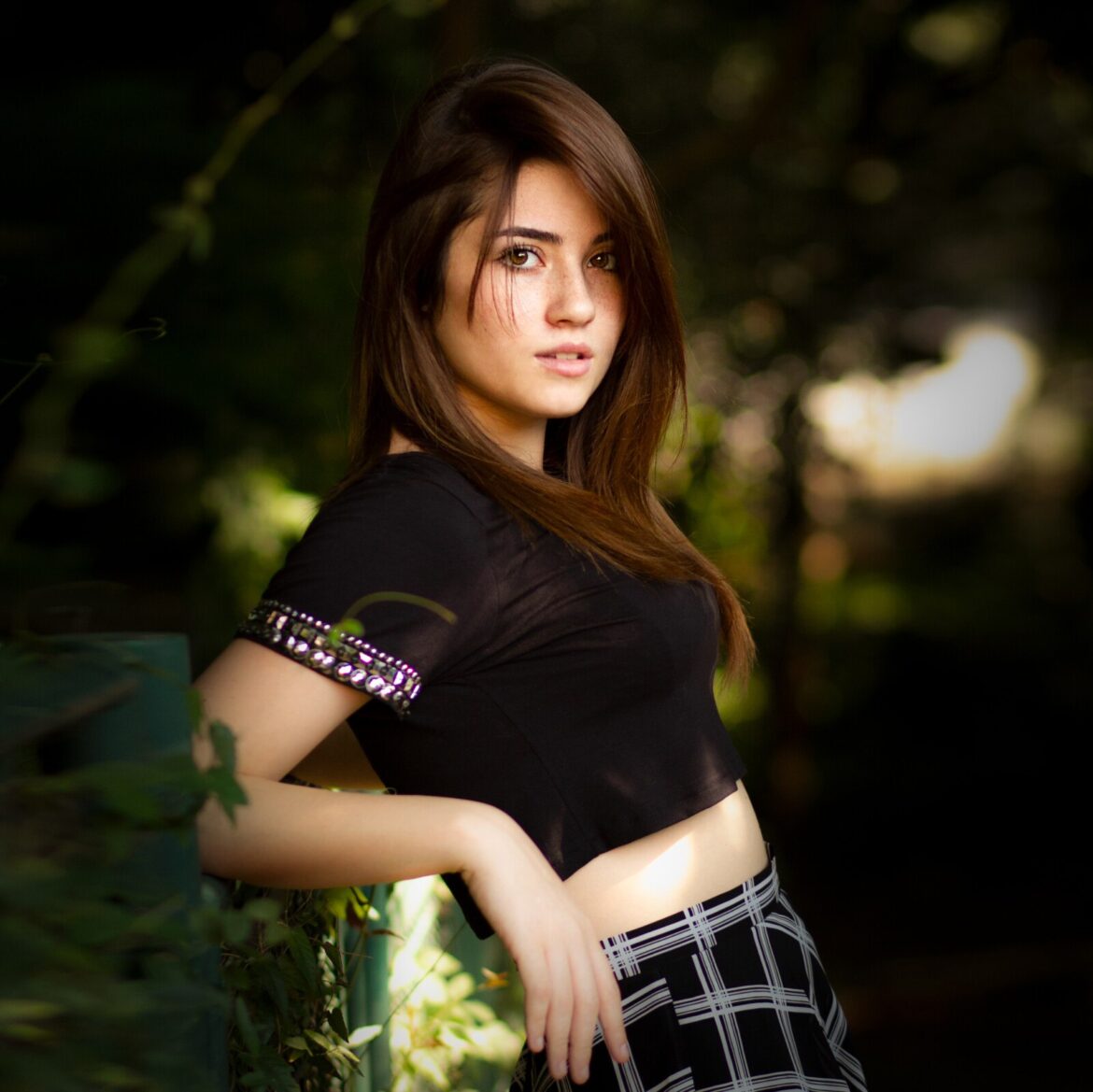
Hello, I’m Charlotte Richardson. And this is my personal blog
POPULAR TOPICS
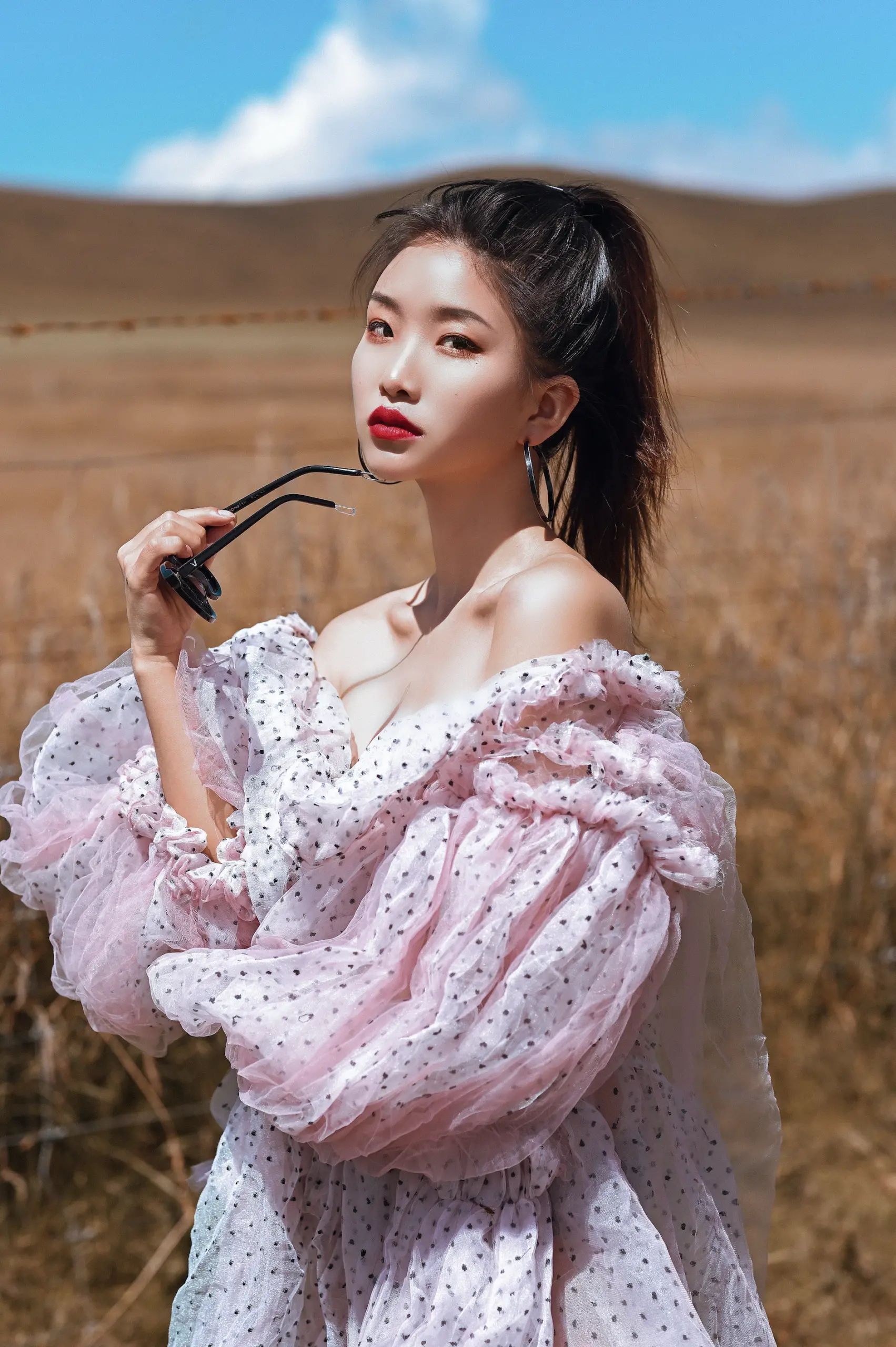

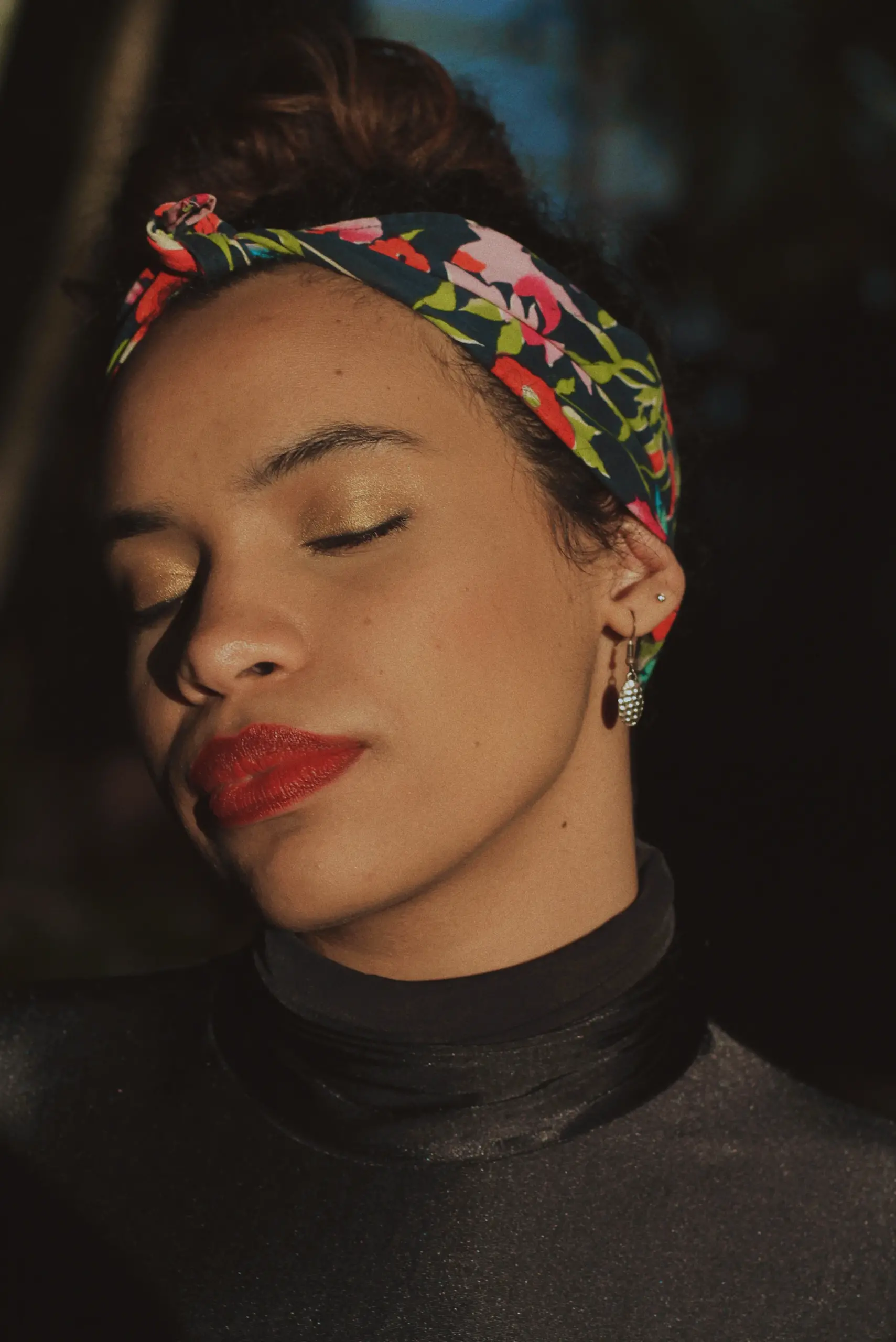

LATEST NEWS
About My Blog
Welcome to womensrunningcoaches.org, your go-to source for dating advice, travel inspiration, YouTube content, and all-around happiness. I’m Charlotte Richardson, your host and a multi-passionate individual with a love for empowering women.
As a dating coach, my mission is to guide you through the sometimes complex world of dating and relationships. I’ll share insights, tips, and personal experiences to help you build healthy, fulfilling connections.
Charlotte Richardson

